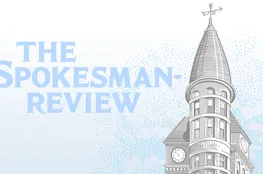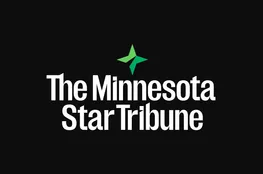President Donald Trump's campaign promise to eliminate taxes on tips is gaining traction with the introduction of a new Republican-backed tax bill currently under consideration in the House of Representatives. This 389-page bill represents a significant effort to reshape the tax landscape and specifically addresses the issue of tip taxation, a concern for millions working in service industries. While the bill's ultimate fate remains uncertain, it offers a detailed look at how this change could function, providing valuable insight for workers and policymakers alike. The core of the proposal centers around the concept of ‘qualified tips,’ defined as voluntary cash tips, or equivalent payments from services like credit card tips or mobile payment transactions, received in occupations traditionally reliant on gratuities. A crucial element is the restriction on eligibility – individuals cannot be highly compensated employees to benefit from this deduction. Self-employed workers, however, are explicitly included, provided their businesses demonstrate a profit when claiming this deduction; creating a loss is not permitted. This deduction is available regardless of whether you choose the standard or itemized deduction methods, and accurately reporting your tips to the IRS is mandatory, typically reflected on your W-2 or 1099 forms.
The bill’s implementation necessitates including your Social Security number, and for married individuals, your spouse’s Social Security number as well. Despite these guidelines, several key details remain unresolved, including the bill’s temporary nature – currently slated to remain in effect through 2028, necessitating further legislative action for potential permanence. A significant concern is the possibility of employers attempting to circumvent tax regulations by supplementing employee salaries with tip-like payments. The Secretary of the Treasury is tasked with enacting regulations to prevent this ‘reclassification’ of income as qualified tips, representing a crucial safeguard against potential abuse. Furthermore, the Secretary is responsible for compiling a list of occupations that historically receive tips, as of December 31, 2024, which currently includes businesses involved in the ‘providing, delivering, or serving of food or beverages,’ as well as beauty service industries such as barbering, hair styling, nail care, and spa treatments. However, this list could expand to encompass other eligible professions.
It’s important to acknowledge that numerous hurdles remain before tax-free tips become a reality. Following passage in the House, the bill will proceed to the Senate, where substantial revisions are anticipated. Therefore, while the prospect of eliminating taxes on tips is a significant development, it’s not yet a guaranteed outcome. Careful monitoring of legislative progress and the subsequent implementation of regulations will be essential to understanding the true impact of this proposal. The ongoing discussions surrounding this bill highlight the complexities of tax policy and the ongoing efforts to address the financial challenges faced by workers in service-oriented professions. This initiative underscores the importance of advocating for fair and equitable tax treatment for all individuals, regardless of their industry or employment status. Ultimately, the success of this proposal will depend on a collaborative approach involving lawmakers, regulatory agencies, and the public.
























